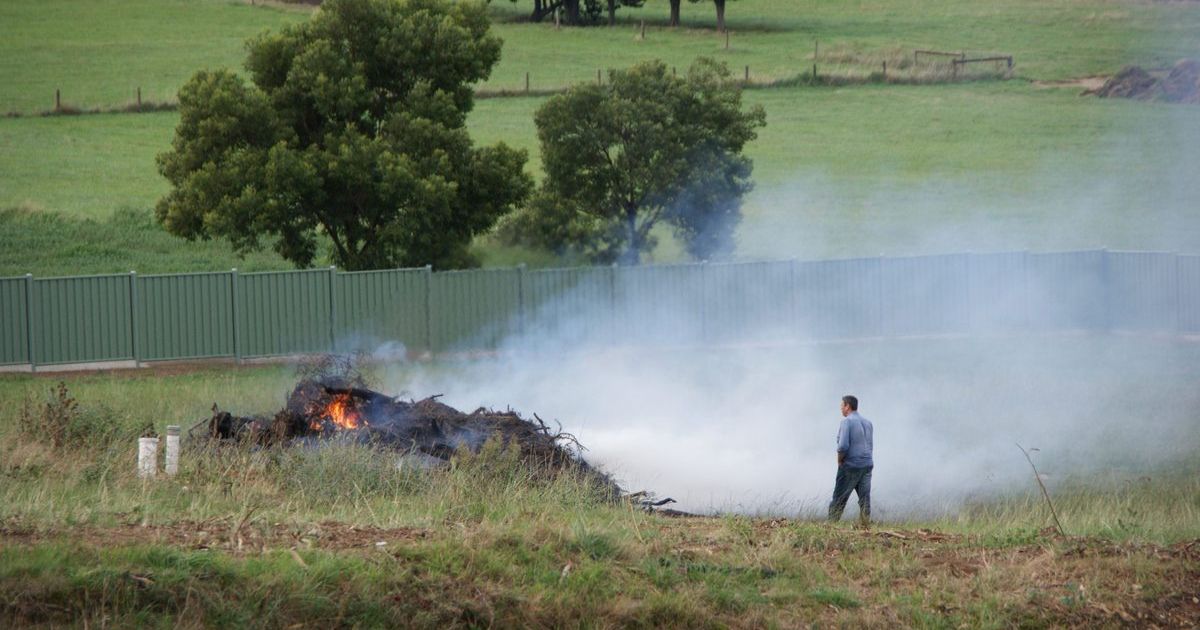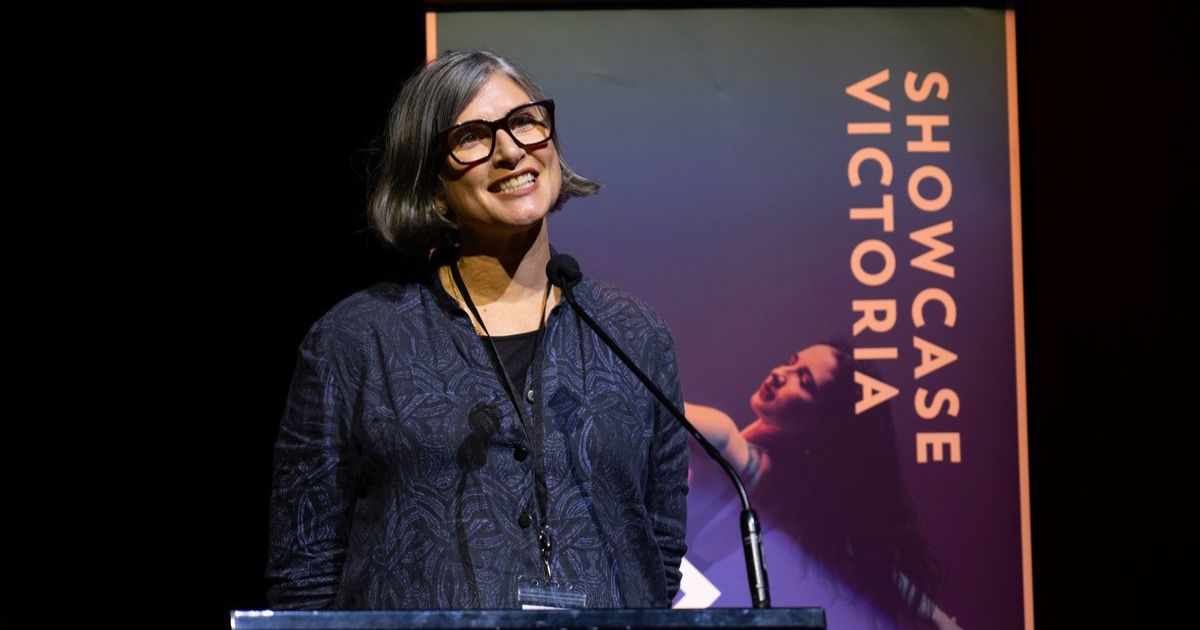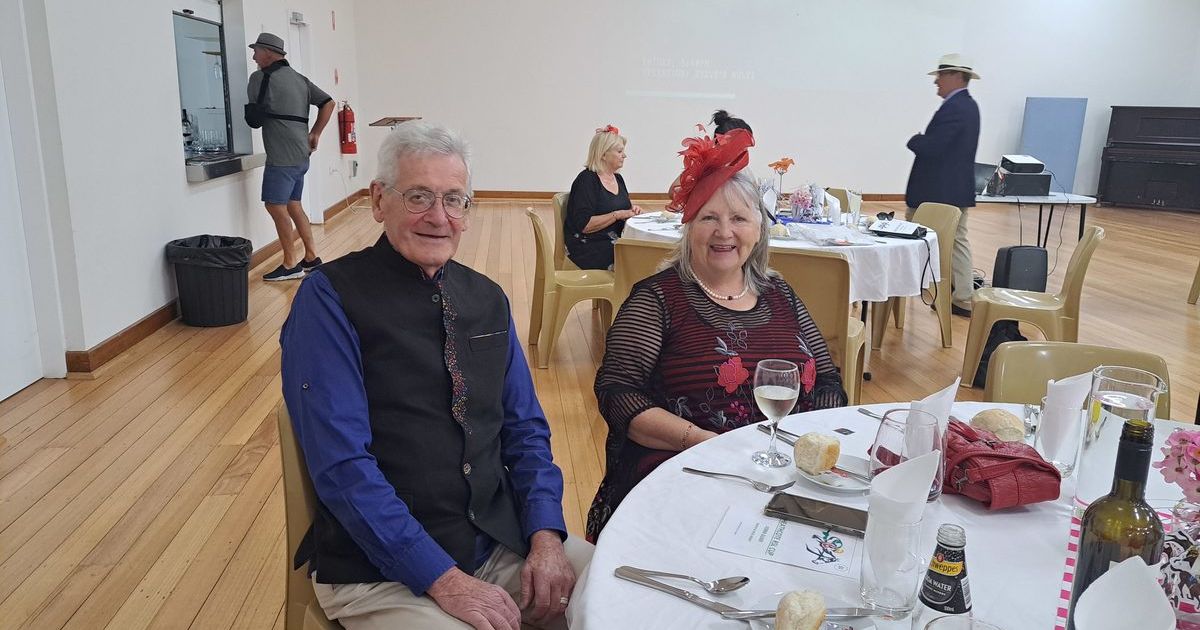The changing role of women in ambulance

Helping the community: Ambulance Victoria's ACO Elizabeth Norie, pictured with Lee Risdale, said being in a position to help the community is a special privilege. Photo: SUPPLIED
LAST week marked thirty-seven years since the introduction of female paramedics in Victorian ambulance services.
Women now make up more than 52 per cent of Ambulance Victoria’s operational workforce.
Elizabeth Norie started working for AV over 20 years ago, when it was still called Rural Ambulance Victoria.
“I am an ambulance community officer in Heathcote,” said Ms Norie. “I have been an ACO for eight years and began my career as a 000 call taker in Bendigo.
“I plan to finish my career in Heathcote as an ACO.
“When I started my career, Ambulance Victoria was still a very male dominated workplace.
“All the call takers were female and there were just a handful of female paramedics working in Bendigo. Over the years, I have seen this ratio change to a more even split between female and male employees.”
When Ms Norie started working in Heathcote, there were only two paramedics assigned to the area, and they were both male.
“They were both what I would call old school and did their best to shield the female ACOs from seeing anything too gruesome or lifting anything too heavy,” she said.
“This attitude has certainly changed over the years, and the female ACOs are now treated equally by their ACO and paramedic workmates.”
Ms Norie joined AV when she returned to Australia after living in America for 10 years.
“In Texas, I worked as a 911 emergency call taker and dispatcher and was lucky enough to be employed in a similar role back home in Australia.
“After a short stint working in the emergency department at Bendigo Hospital, I moved with my husband to Heathcote.”
With the encouragement of her husband, the then AV Heathcote team manager, Ms Norie took up the ACO role.
“An ambulance community officer is not a paramedic, but someone who volunteers their time to assist the on-call paramedic,” she said.
“Our main role is to provide whatever help the paramedic needs to do their job. This includes driving the ambulance, assisting with equipment, making the bed, preparing medications, gathering patient information, and ensuring that the ambulance is fully stocked with everything it needs.
“We do volunteer our time to be on-call and to maintain our skills, but we get paid when we are called out to an incident.
“The ACO role is unlike anything I have ever done before.
“Being in a position to help people in my own community is a very special privilege, and I am honoured every time I am able to help someone through a difficult time.
“After eight years in the role, I don’t often see something that I have not dealt with before, but I always keep in mind that this may be the first time that the patient, or their family, has been in this situation.
“They are looking to us to provide the help and support they need.
“I hope over my time as an ACO I have been able to help my community, and I look forward to doing that for many years to come.”

















